BCBA vs. BCaBA: What’s The Difference?
Find out the main differences between a BCBA and a BCaBA in this guide.
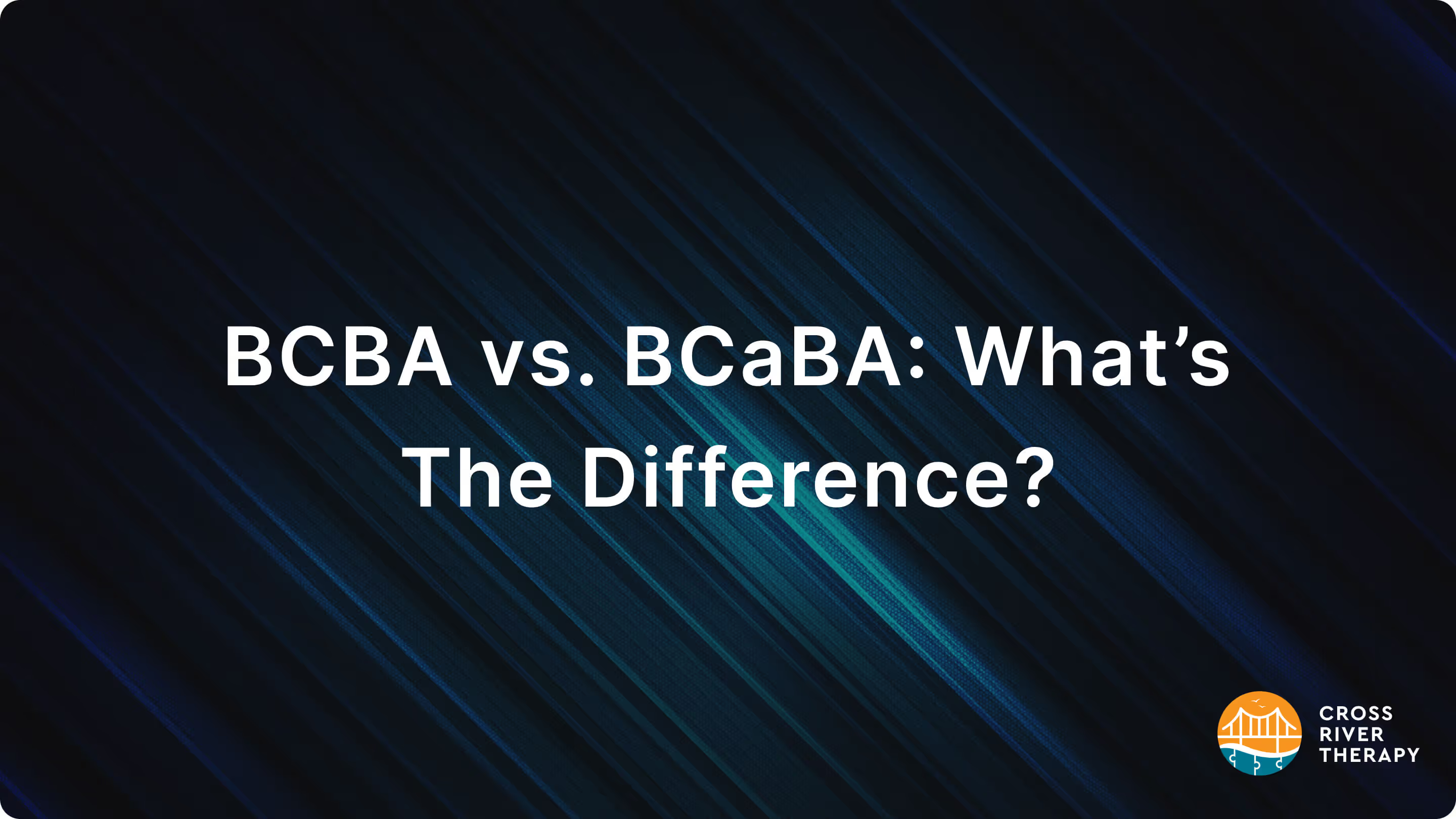
BCBA vs. BCaBA: What’s The Difference?
The difference between a BCBA and a BCaBA is that the first allows therapy to be practiced without supervision, while the latter typically requires some level of supervision.

In many cases, workers earn a BCaBA initially. After that, they gain a BCBA certification while their educational pursuits continue as they work.
To do this requires practice and supervision by a certified BCBA. BCaBAs must administer assignments, study data that are provided to them, assist in the creation of interventions, and manage RBTs.
Both certifications necessitate different commitments in time.
For example, BCBA certification stipulates that 2,000 hours of supervised work be done. BCaBAs require that 1,300 hours of supervised work be finished.
What’s a BCBA?
A Board Certified Behavior Analyst, also called a BCBA, provides services to patients and clients without any supervision of their own.
They administer different assessments and create numerous treatment plans for them and the teachers, therapists, and behavior technicians they work around. Most BCBAs work closely with autistic clients or people diagnosed with ASD.
Other related disorders are also in their range of knowledge since most BCBAs have a college-level understanding of psychology. They help to create positive behaviors, including other important skills needed for their development. BCBAs realize these ambitions when conducting ABA therapy sessions.
ABA is a provably reliable way to conduct behavior analysis in people of all ages, but especially children. Therapists work to find out the functionalities of behaviors and how they impact clients in multiple environments.
BCBA creates and oversees the treatment plans in these situations, personalizing them to conform to the patient's specific needs and capabilities.
As such, ABA therapy and the BCBAs that lead its practice are used in programs for young children. They stand to benefit the most from the support that therapists do.
What’s a BCaBA?
A BCaBA, also called a Board Certified Assistant Behavior Analyst, practices under the supervision of a BCBA.
Alternatively, they can also be supervised by a behavior analyst with a doctorate, often abbreviated as BCBA-D. BCaBAs are essentially managed by supervisors that have a higher degree of certification than they do.
BCaBAs aren't allowed to practice on their own. Still, they can supervise the work of subordinates, such as registered behavior technicians that work closely with them. Whenever any changes within a client's intervention or program, they must be approved by a BCBA.
To become a BCaBA, students must pursue a Bachelor's degree in a related field, such as psychology. Clinical hours must be met and the Assistant Board Certification Exam is to be passed to gain the certification.
Differences In Duties
The significant difference between a BCaBA and a BCBA is the amount of independent work that each is responsible for.
BCaBAs help BCBAs in the programs they assign to clients. BCBA is more autonomous, having fewer people to answer to and no immediate supervisors. In many cases, BCBAs even work under their practice.
BCBAs also study patients and develop programs for their treatment. Because of this, they give the final orders in picking interventions. They don't report to other people, aside from the parents and guardians of clients.
Still, they're required to adhere to the standards of the board in which they have their certification. Assistant Behavior Analysts work according to the demands laid out to them by BCBAs. They have no authorization to practice ABA on their own.
Differences In Salaries
The potential for earning can be different based on many factors for behavior analysts. The level of education and type of certification are additional factors. The average salary for a BCaBA is $45,000 a year.
This is about $10,000 higher than the entry-level salary of an RBT. Yet for BCBAs with a doctorate, could earn as much as $100,000 a year. On the low end, BCBA salaries start at $70,000.
One of the reasons BCBAs tend to make more is due to the level of education that's required to get the certification. They don't stop at only a couple of courses but must pursue a long-term goal of raking in working hours, degrees, and certifications that continue well into the career.
Differences In Skills
Although BCBA may possess more skills in practicing ABA therapy on their own, BCaBAs isn't an entry-level profession.
They're responsible for managing other workers, such as registered behavior technicians and equivalent behavioral therapists. Anyone that gives hands-on therapy to clients can be led by a BCaBA.
From here, BCaBAs report to the BCBAs in their workplace. Both analysts must know the psychology and therapy practices needed for them to satisfactorily do their jobs.
Management skills are necessary for each. While there are many differences, the goal of giving great therapy to patients is the same.
References
Recent News
Related articles

What Is An ABA Therapist? ABA Job Description
An ABA therapist is a therapy professional who works one-on-one with children on the autism spectrum.
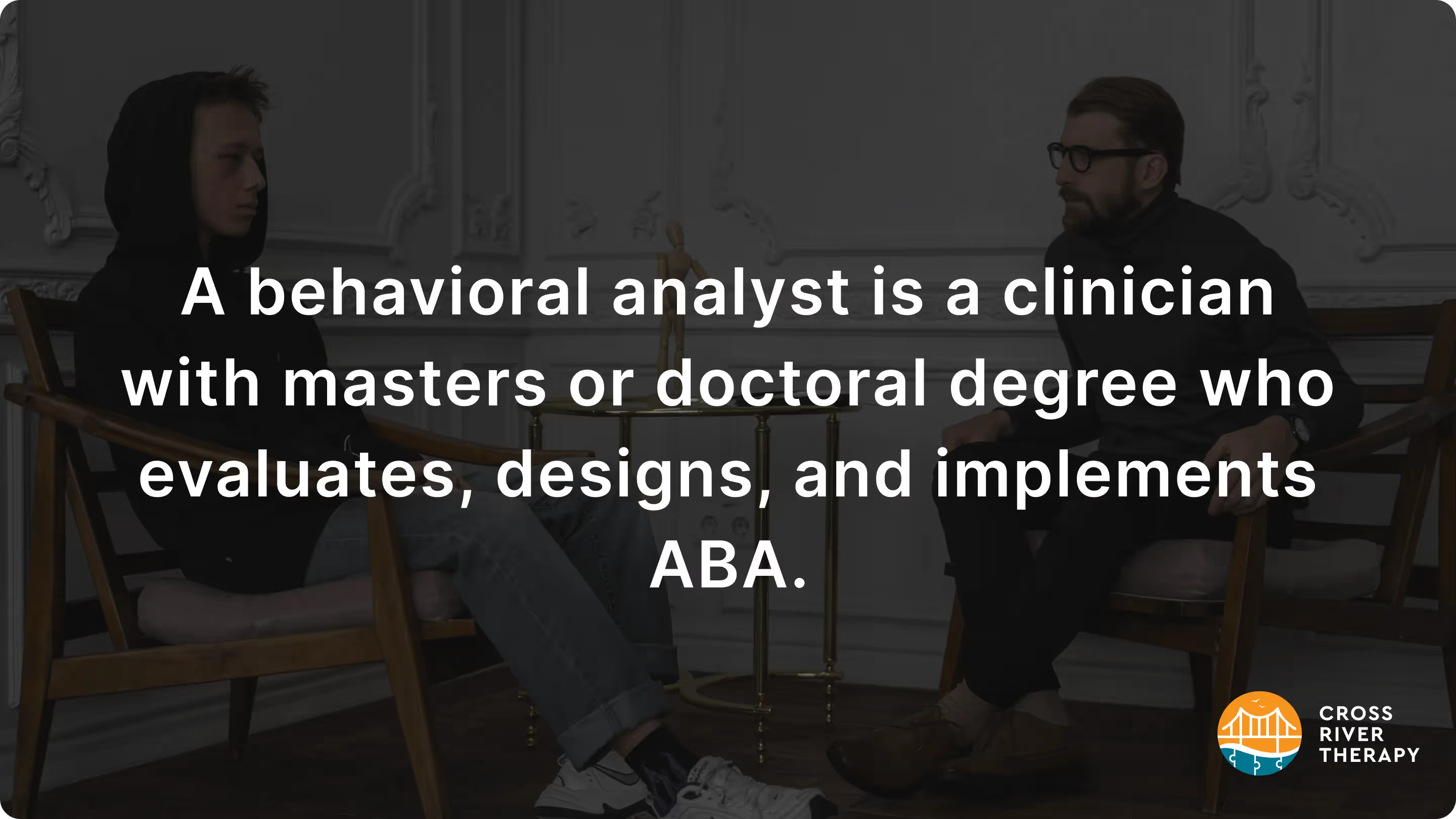
What Is An Applied Behavior Analyst + What Do They Do
A behavioral analyst is a clinician with masters or doctoral degree who evaluates, designs, and implements ABA.
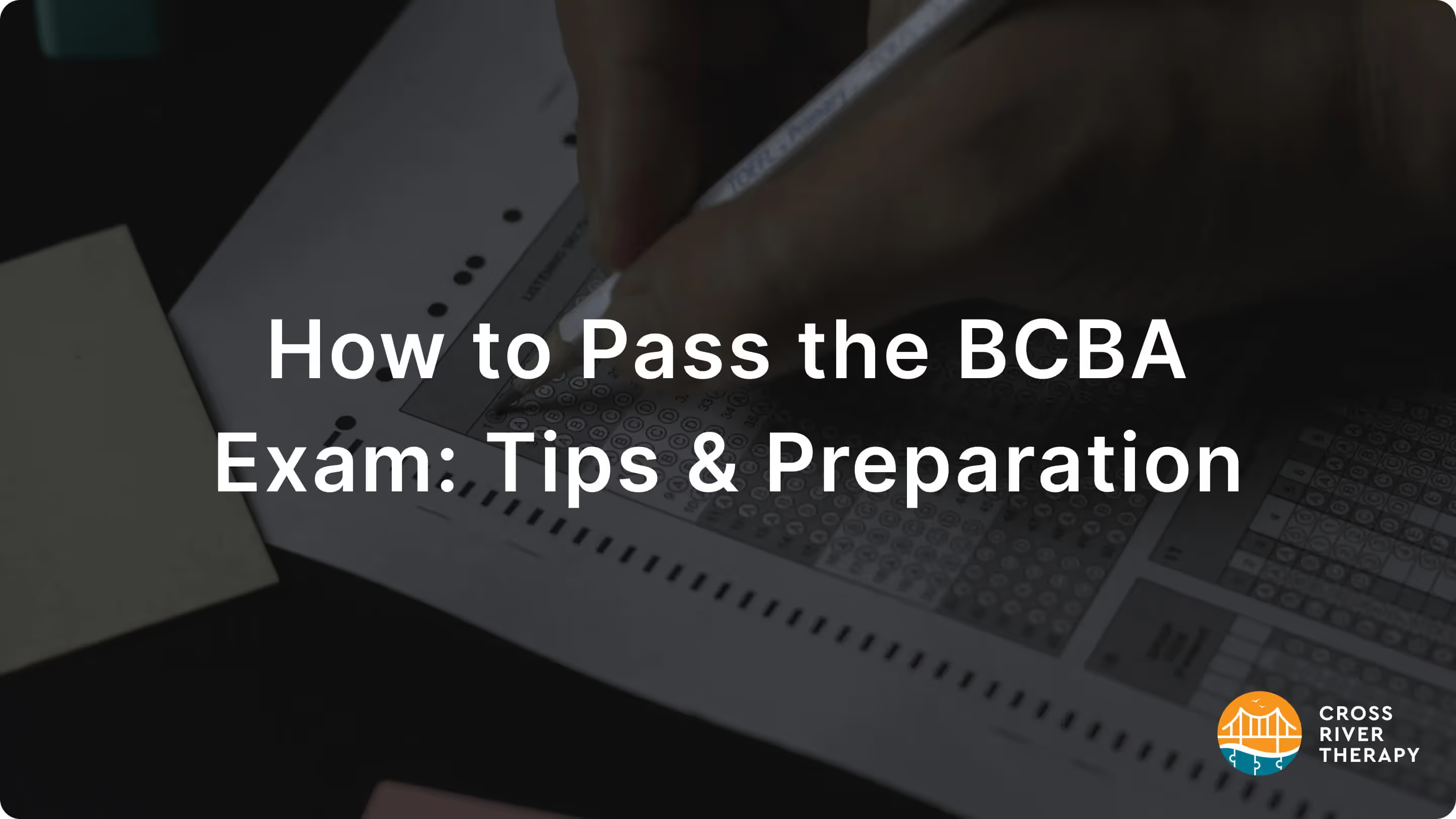
How to Pass the BCBA Exam: Tips & Preparation
A large amount of time and energy is needed in order to pass the BCBA exam. Learn how to pass it in this guide.
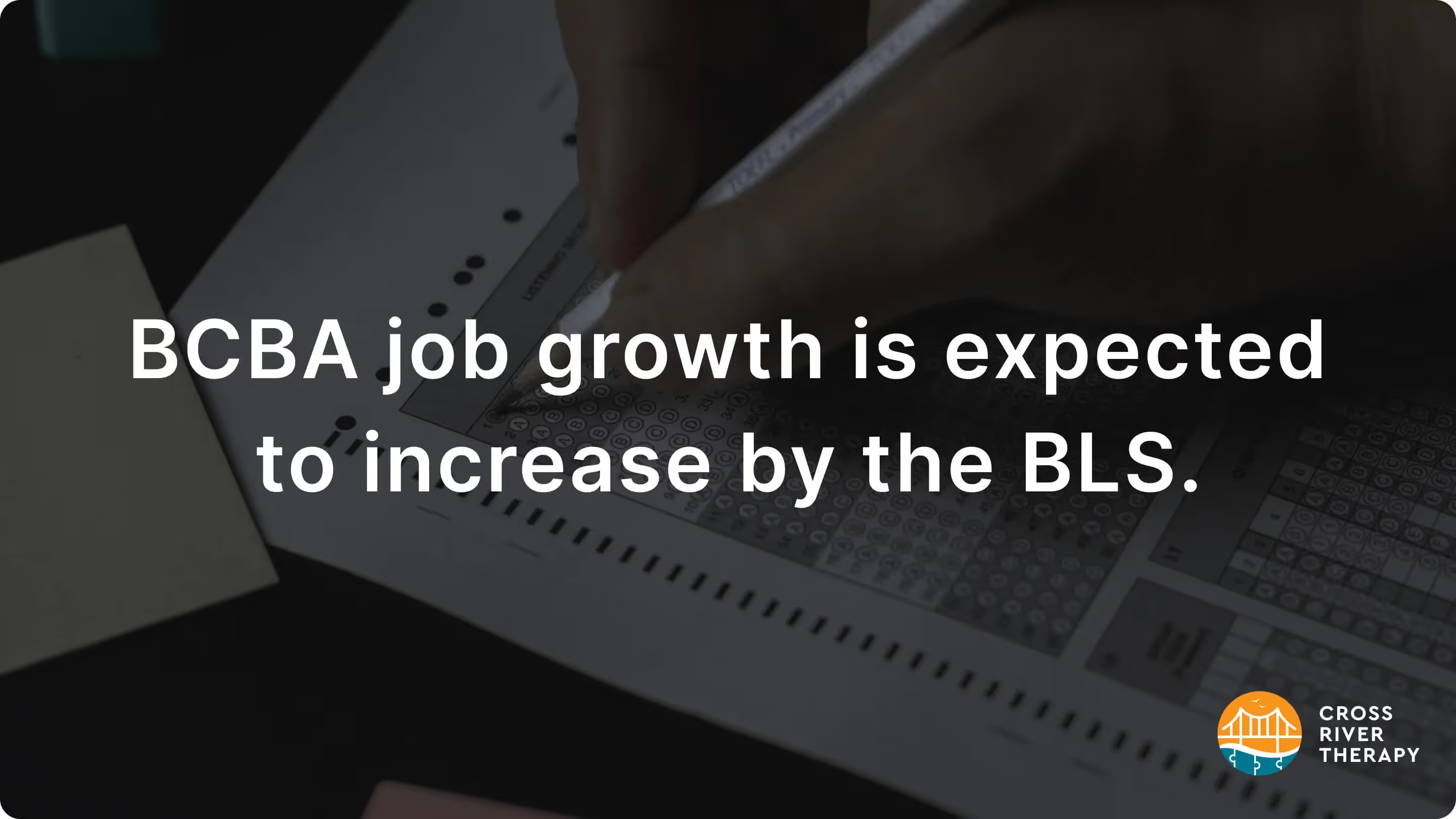
The Rate of Job Growth for BCBAs (In 2023)
BCBA job growth is expected to increase by over 20% in the next eight years.

14 Behavior Analyst Interview Questions & Answers
Aspiring behavior analysts need to prepare for the interview process. No two interviews are the same!
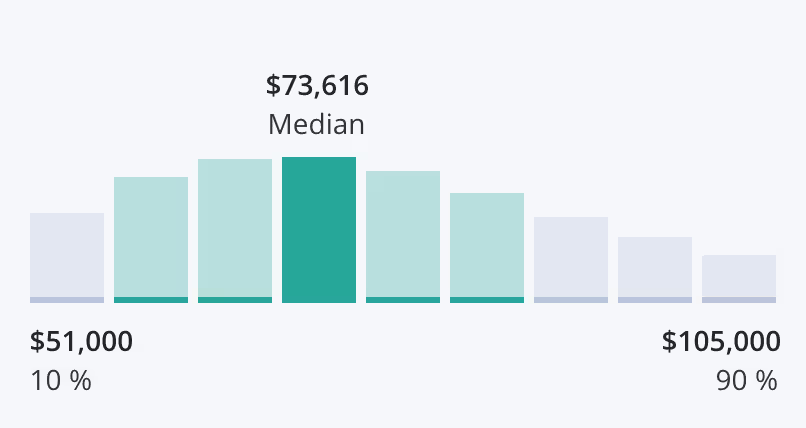
Average BCBA Salaries in 2023 (Best States & Cities)
The average BCBA salary in the US is $75,784/year or $35.39/hour. The average entry level salary is $51,000/year.

Average BCaBA Salary By State
The average BCaBA salary in the United States is $65,978 per year, according to ZipRecruiter.
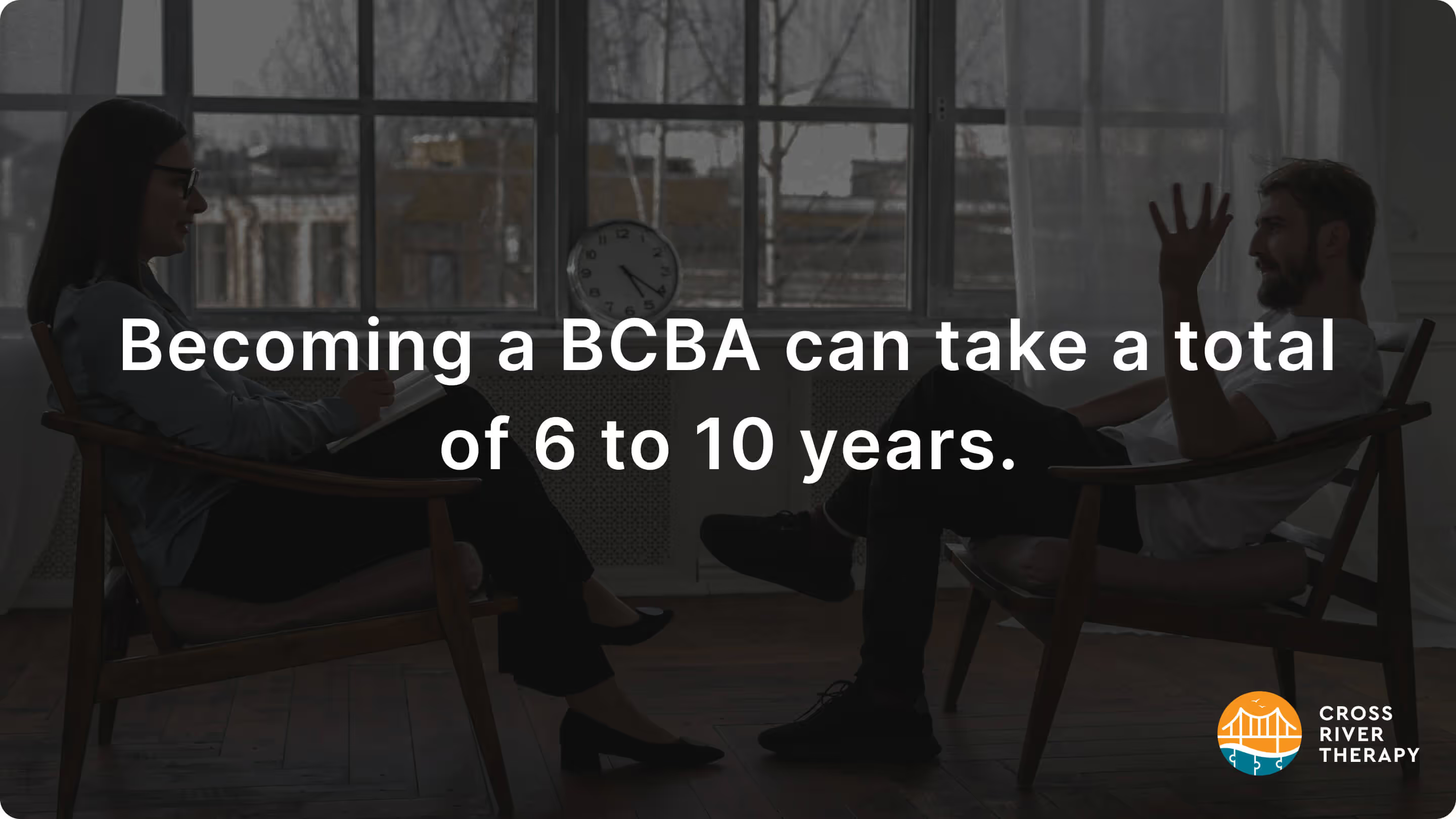
How To Become A Board Certified Behavior Analyst (BCBA)
Becoming a BCBA can take a total of 6 to 10 years. How long it takes depends on several factors.

11 Best BCBA Programs & Schools (In-Person & Online)
Here are the best BCBA programs that prepare students to become board-certified behavior analysts.

BCBA vs. BCaBA: What’s The Difference?
Find out the main differences between a BCBA and a BCaBA in this guide.

Best BCBA Career Path To Take: Ultimate Guide
Here’s the best behavior analyst (BCBA) career path to take in the field of ABA.

